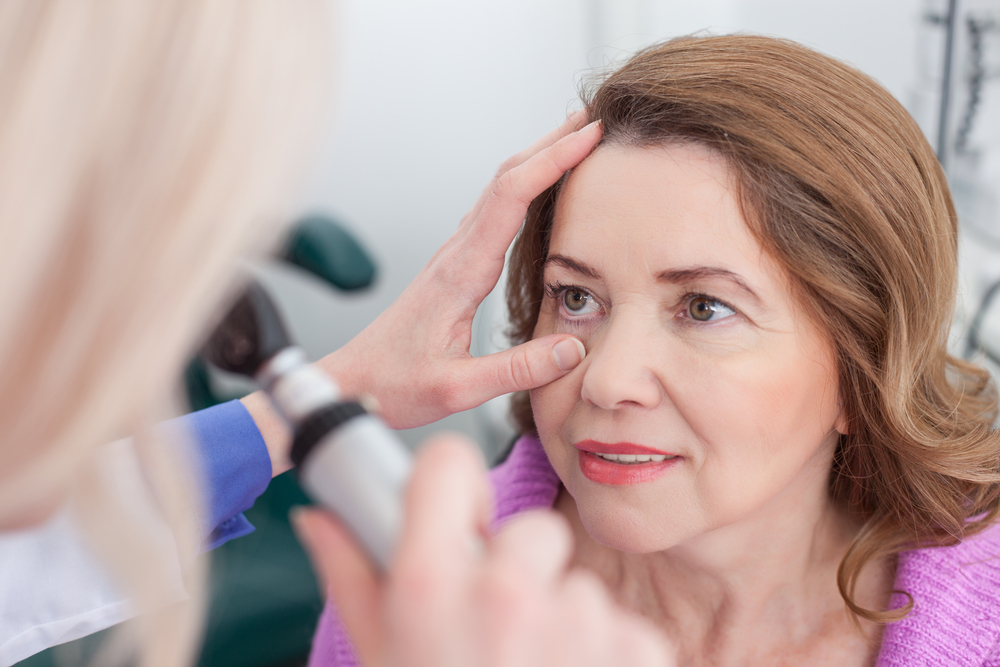
Diabetes, a common metabolic disorder affecting millions worldwide, poses many health risks. Among them, diabetic retinopathy stands out for its potential to cause severe vision loss and blindness. This eye disease is a complication of diabetes, characterized by damage to the blood vessels in the retina. It typically affects both eyes, and its progression can be asymptomatic until significant vision loss occurs.
Diabetic retinopathy is a serious concern for anyone with diabetes. It's the leading cause of blindness among working-age adults, making it a public health issue of considerable magnitude. And while there's no definitive cure yet, there are effective treatments available, especially when detected early.
Understanding the Importance of Regular Eye Exams
The relationship between diabetes and vision isn't immediately evident. However, high blood sugar levels, a hallmark of diabetes, can damage blood vessels throughout the body, including those in the eyes. Over time, this damage can lead to diabetic retinopathy, causing blurred vision, floaters, and ultimately, vision loss.
This is where regular eye exams come into play. They are instrumental in detecting early signs of diabetic retinopathy, often before you notice any changes to your vision. Regular eye exams are an effective preventive measure, allowing for early intervention and potentially slowing the disease's progression.
Regular eye exams are particularly important for diabetics because of the silent nature of diabetic retinopathy. In its early stages, the disease is often symptomless, making it easy to overlook. Without regular check-ups, you may remain unaware of the condition until it has advanced significantly, at which point it becomes much harder to treat.
How is Diabetic Retinopathy Detected?
Detecting diabetic retinopathy involves a comprehensive eye exam by a qualified ophthalmologist. They will assess your vision and examine your eyes for signs of damage. This examination can include several tests, such as visual acuity testing, pupil dilation, and optical coherence tomography.
Visual acuity testing measures the sharpness of your vision. This test is usually carried out using a standardized eye chart. On the other hand, pupil dilation involves widening the pupils with special drops to allow a better view of the retina. This way, the ophthalmologist can identify any abnormal blood vessels or signs of bleeding.
Optical coherence tomography (OCT) is a non-invasive imaging test that uses light waves to take cross-section pictures of your retina. It allows the ophthalmologist to see each of the retina's distinctive layers, helping them to measure their thickness and detect any swelling or fluid caused by leaky blood vessels.
The Benefits of Early Detection of Diabetic Retinopathy
Early detection of diabetic retinopathy offers numerous benefits. Firstly, it allows for early intervention. Treatments such as laser surgery, vitrectomy, and injections of anti-VEGF drugs are more effective when applied in the early stages of the disease. These treatments can slow down the disease's progression and prevent further vision loss.
Furthermore, early detection gives you more time to make lifestyle changes that can improve your overall diabetes management. This includes maintaining good blood sugar control, keeping blood pressure and cholesterol levels in check, and quitting smoking. All these measures can slow down the progression of diabetic retinopathy.
Finally, early detection can provide peace of mind. Knowing that you're taking proactive steps to monitor and manage your eye health can ease the anxiety often associated with living with a chronic condition like diabetes.
Conclusion
Regular eye exams are of paramount importance for individuals with diabetes. They are the primary means of detecting diabetic retinopathy, a condition that can lead to severe vision loss if left unchecked. Early detection allows for prompt treatment and lifestyle changes that can slow disease progression, ultimately preserving vision and enhancing quality of life.
For more information on detecting diabetic retinopathy, visit Raleigh Eye Center at our Raleigh, Durham, Reidsville, Henderson, North Carolina, or South Hill, Virginia, offices. Call (919) 876-2427, (252) 492-8021 or (919) 899-2472 to schedule an appointment today.













